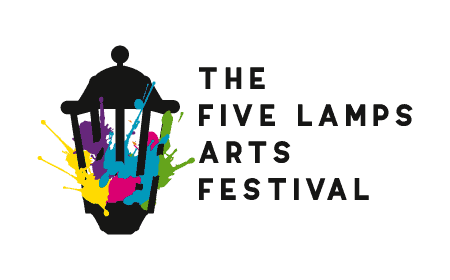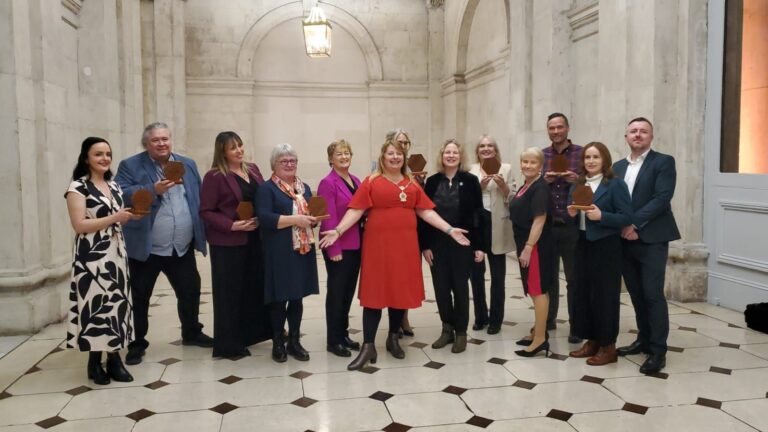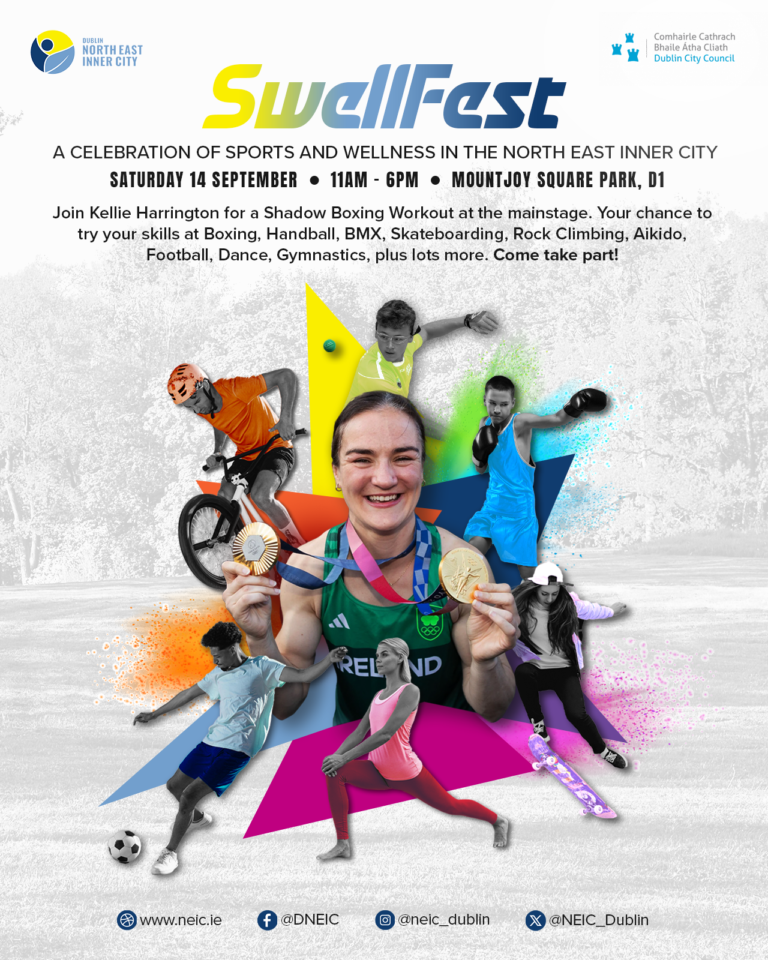
Celebrating Diversity, building Bridges, and promoting Social Inclusion
COMUNIDADE Sports and Intercultural Programme is a dynamic partnership between the Five Lamps Arts Festival and the North East Inner City (NEIC).
Ten Primary Schools in Dublin North Inner City are participating in a journey of sports, culture, and inclusion.
The programme was launched as part of Dublin City Council Social Inclusion Week 2023 by the Lord Mayor of Dublin Daithí de Róiste. The Brazilian Ambassador in Ireland, Marcel Biato, was also present at the event.
With more than 1500 children taking part, the programme offers a diverse range of activities, including Capoeira, Jiu-jitsu, Gymnastics, and Dance classes, aimed at fostering creativity, teamwork, and wellbeing among our young participants
COMUNIDADE means Community in Portuguese
The COMUNIDADE Sports and Intercultural Programme allow the children from the North Inner City to participate in different activities and to engage and introduce new communities’ cultures.
Intercultural activities and sports play a vital role in shaping the minds of young children in primary schools. These initiatives offer numerous benefits beyond the classroom by fostering an environment that celebrates diversity and encourages physical activity.
COMUNIDADE is a collaboration between the Five Lamps Arts Festival and the NEIC. The project is an initiative from Marcela Parducci, Project manager at the Five Lamps Arts Festival and Michael Darragh Macauley, Community Sports & Wellness NEIC.




